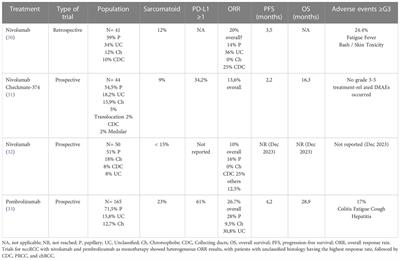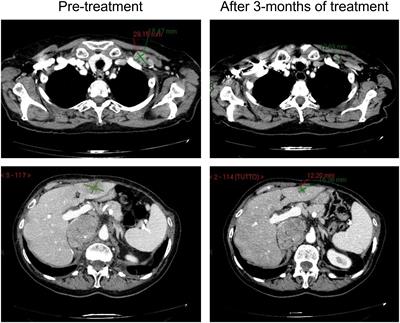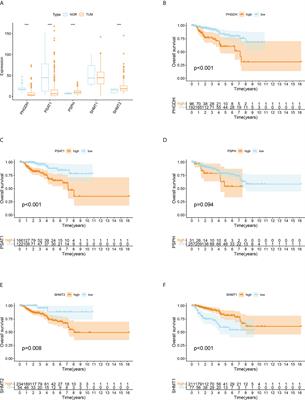REVIEW
Published on 03 Feb 2023
The role of immunotherapy in non-clear cell renal cell carcinoma

doi 10.3389/fonc.2023.941835
- 3,599 views
- 13 citations
4,253
Total downloads
13k
Total views and downloads
REVIEW
Published on 03 Feb 2023

ORIGINAL RESEARCH
Published on 18 Oct 2022

REVIEW
Published on 04 Oct 2022

ORIGINAL RESEARCH
Published on 30 Aug 2022
